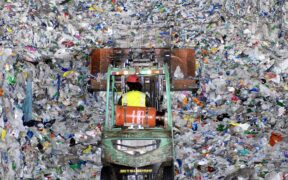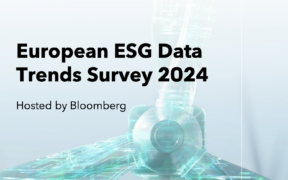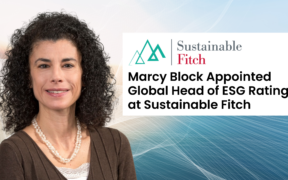Blog

The Southern African Power Pool (SAPP), in partnership with the Southern African Development Community (SADC), announced the appointment of climate-centric blended finance fund manager Climate Fund Managers (CFM) to manage...

Schneider Electric, the leader in digital transformation of energy management and automation, today announced the introduction of new model based, automated sustainability reporting features within its award-winning EcoStruxure IT data...

Parliament and Council reached a provisional agreement on revamped rules to reduce, reuse and recycle packaging, increase safety and boost the circular economy. The new measures aim to make packaging...

InfluenceMap, a non-profit organization dedicated to providing objective and data-driven analyses of corporate and financial institutions’ impact on climate change and biodiversity loss, has released assessments evaluating the climate governance,...

Permira, the global private equity firm, announced it has appointed a dedicated team to identify investment opportunities across the climate transition value chain. The team, led by Kush Patel and...

The co-founded venture, also backed by TPG Rise Climate, aims to rapidly scale textile-to-textile recycling of polyester and contribute to a more sustainable textile industry. H&M Group has secured an...

A recent Bloomberg survey of roughly 200 European financial market participants reveals a growing concern: managing the ever-increasing volume of ESG data. The survey, conducted throughout 2023 and encompassing respondents...


